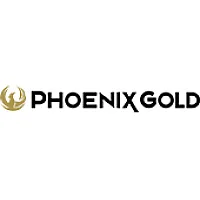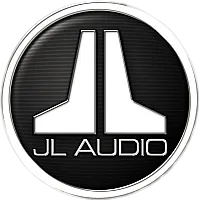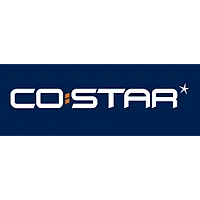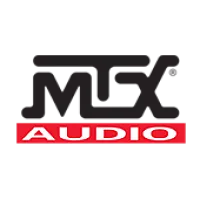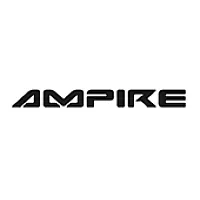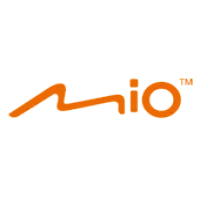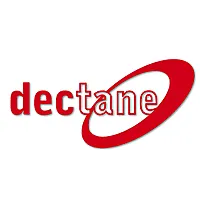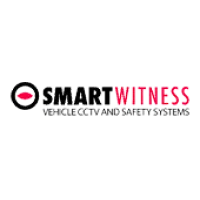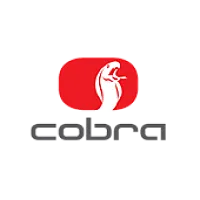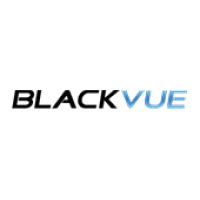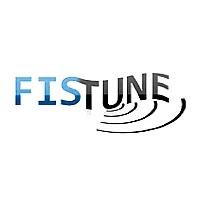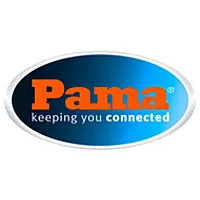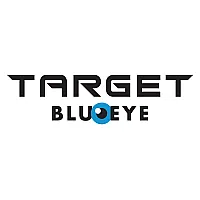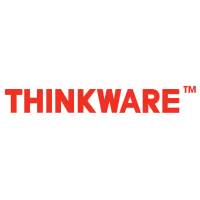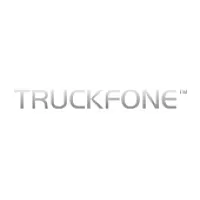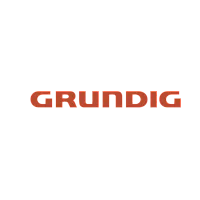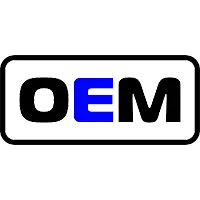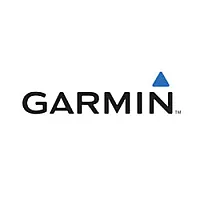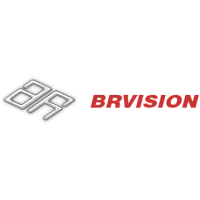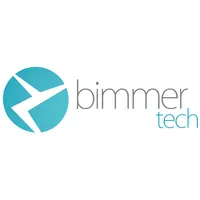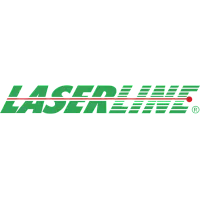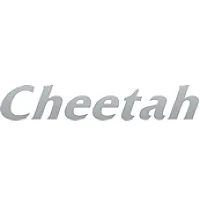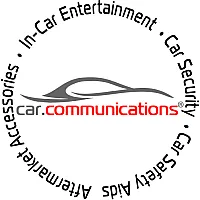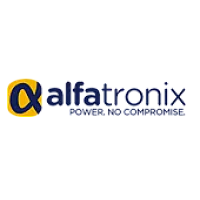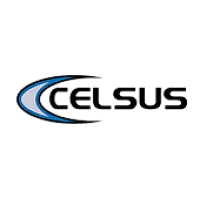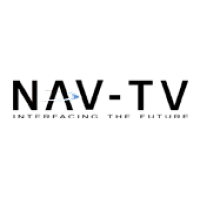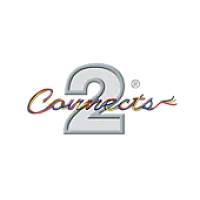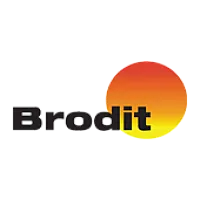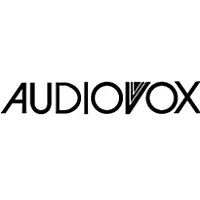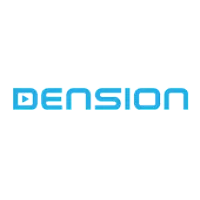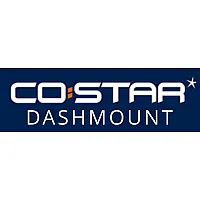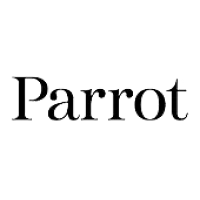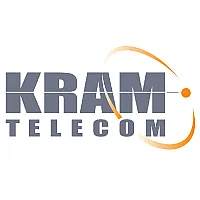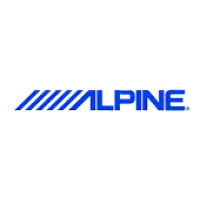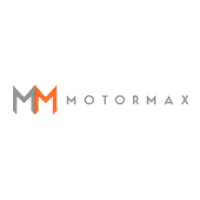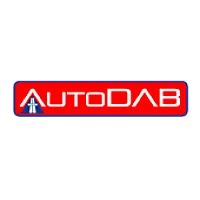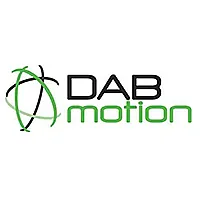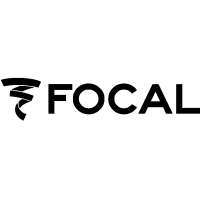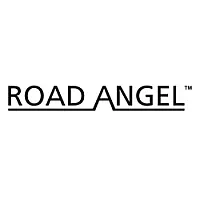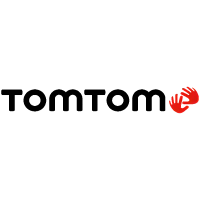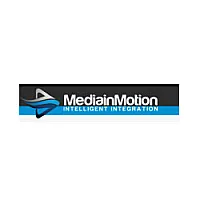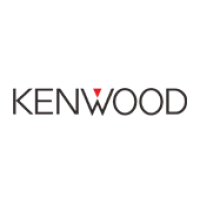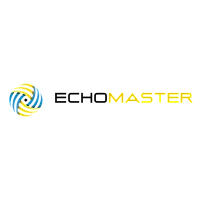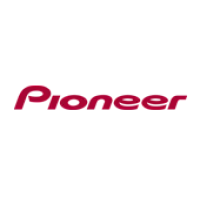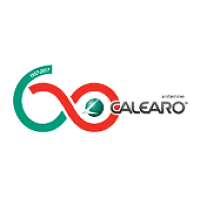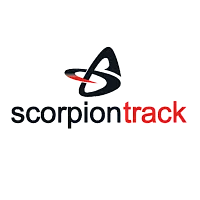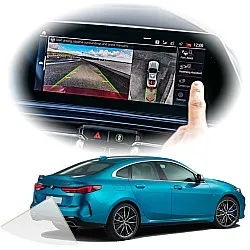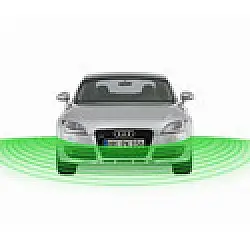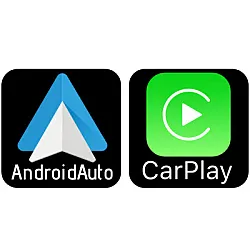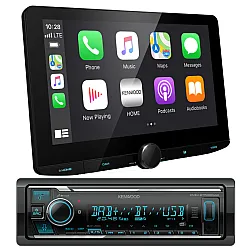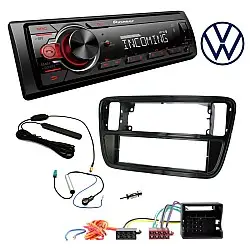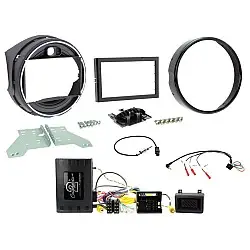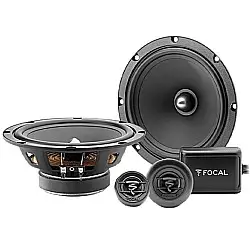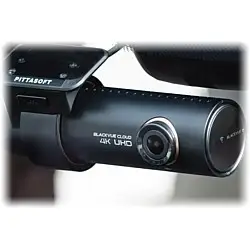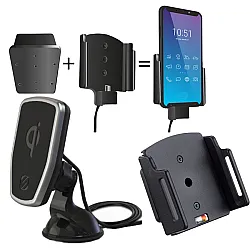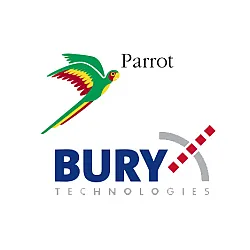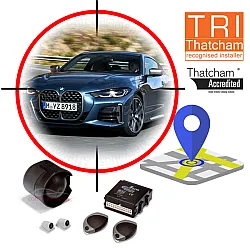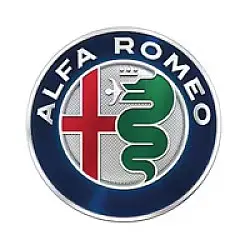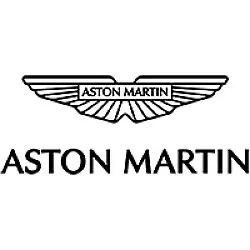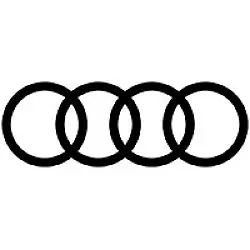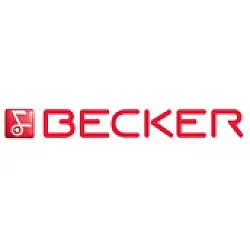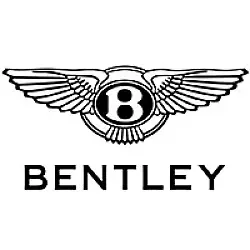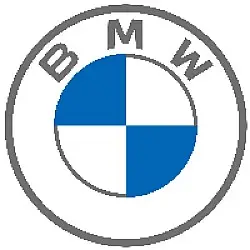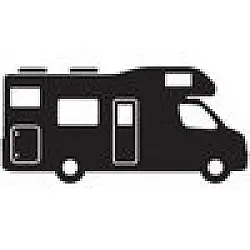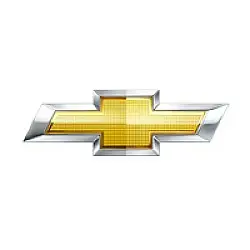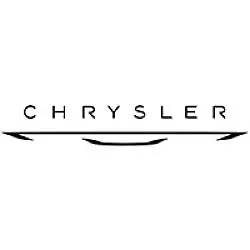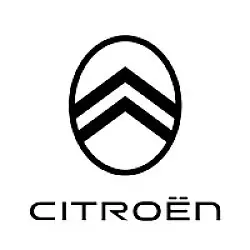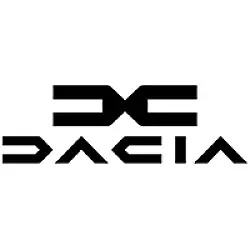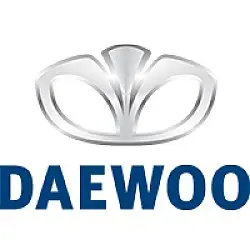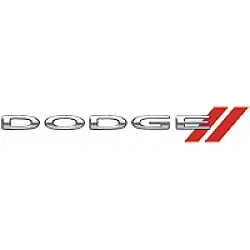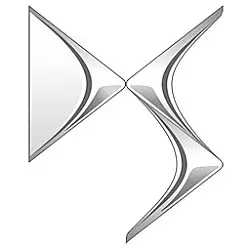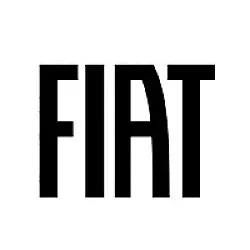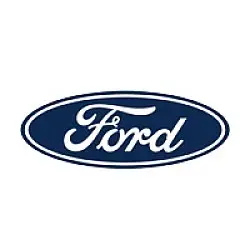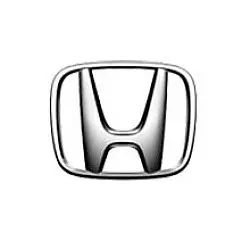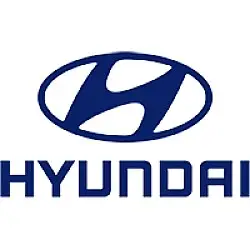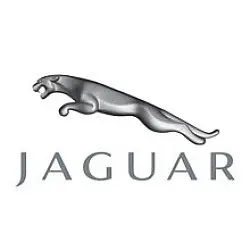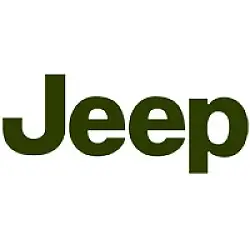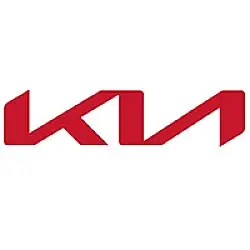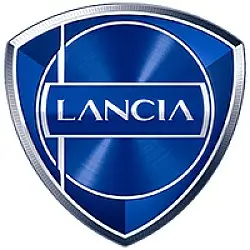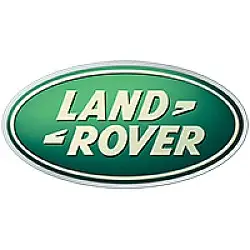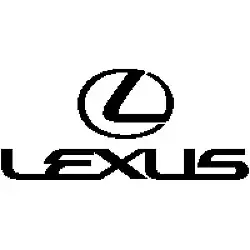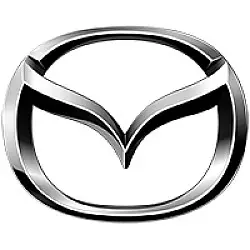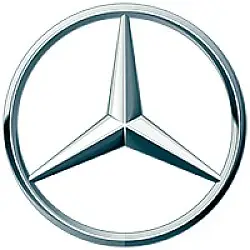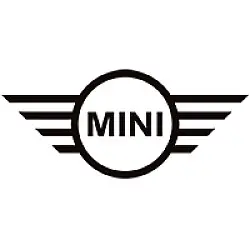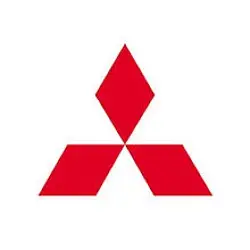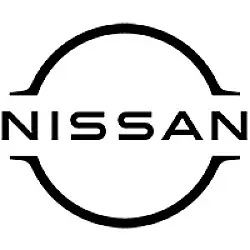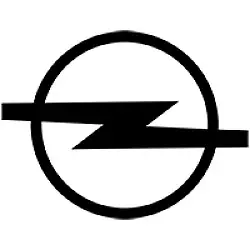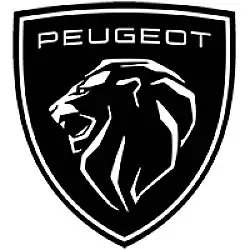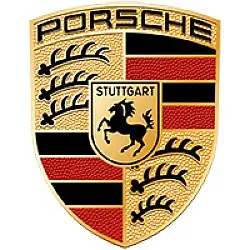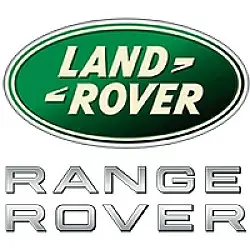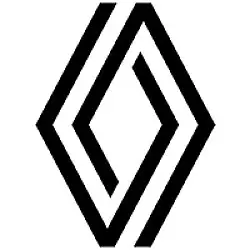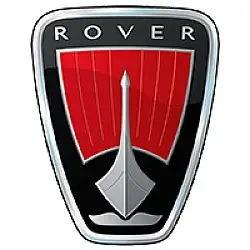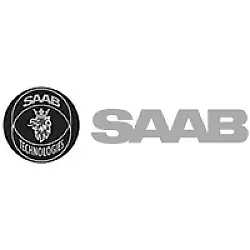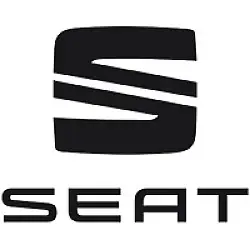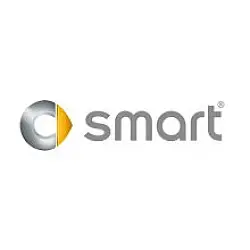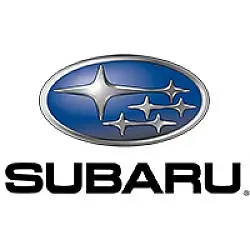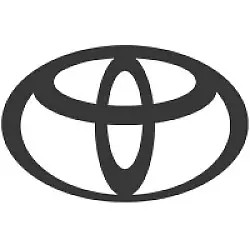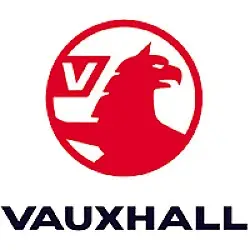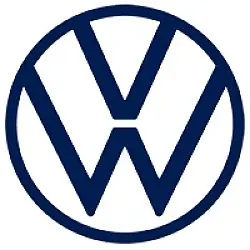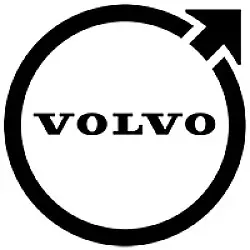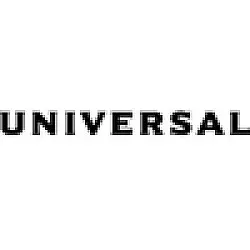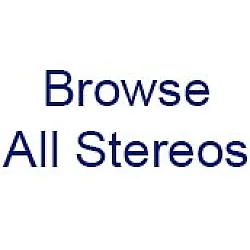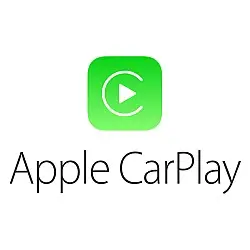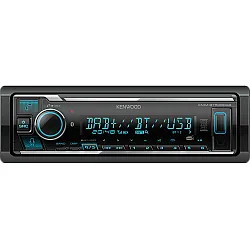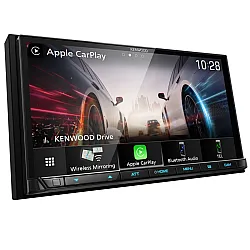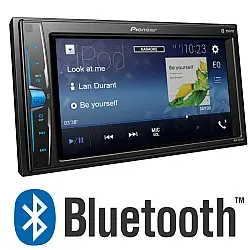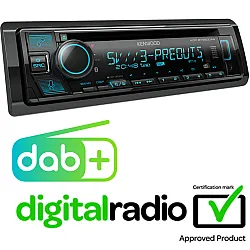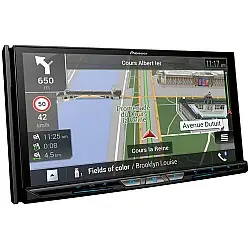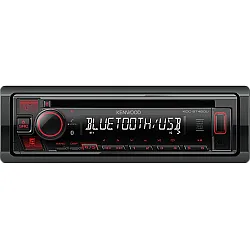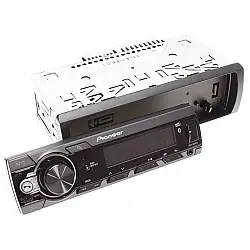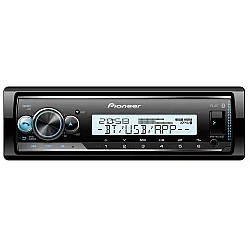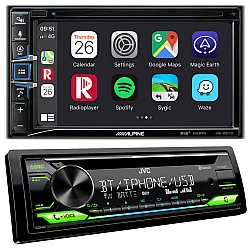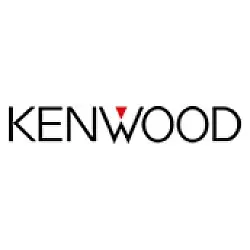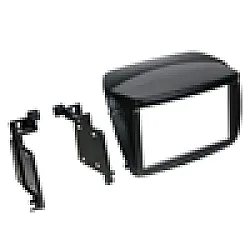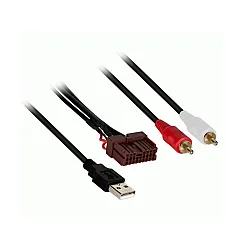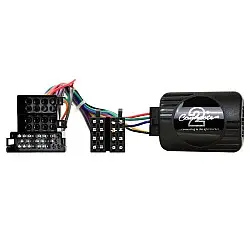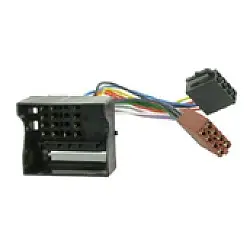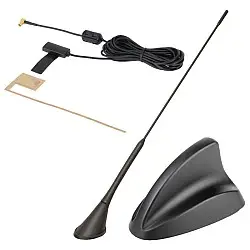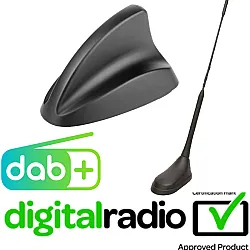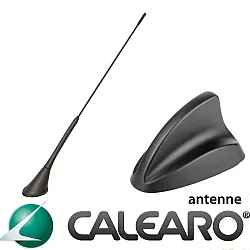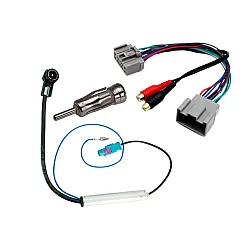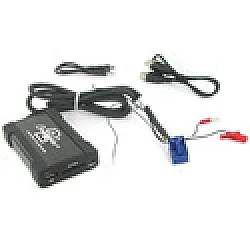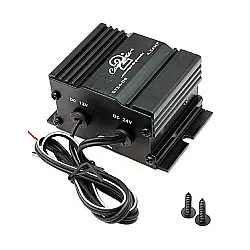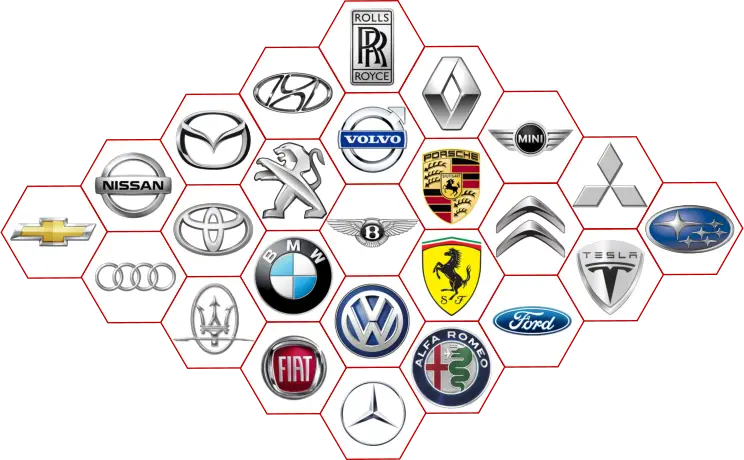Is the DAB digital radio switchover happening in 2019?
Millions of people still rely on analogue radio to get their entertainment and news; either Frequency Modulation (FM) and Amplitude Modulation (AM) radio. However, in today’s digital age, the platform of DAB (Digital Audio Broadcasting) is becoming increasingly more widespread. Government plans for a DAB digital radio switchover have been in the works for years… so is it finally going to happen in 2019? We’ll answer that below, as well as some of your other most pressing questions about the switchover!
What is the DAB digital radio switchover?
Essentially, it’s the proposed plan to change the main broadcast platform for radio entertainment and news from analogue sources (such as FM and AM) over to DAB radio. If you’re familiar with the digital television switchover that occurred in 2012, it’s broadly the same plan, but applied to radio.
This means that in order to listen to digital radio, you’ll obviously need to have a device that’s capable of receiving it. Since millions of cars on British roads use analogue radio devices, it’s a massive undertaking, which is why it’s been in the works for so many years. Even once the main digital switchover has taken place, FM will still probably be used for local and community radio stations for quite some time afterwards, although these may eventually move over to DAB too.
What’s the difference between analogue radio and DAB?
The most important difference is in the way they broadcast. Basically, analogue radio like FM broadcasts using waves on a particular, whereas DAB uses a binary system of ones and zeroes. The problem with transmitting with waves on certain frequencies is that these frequencies can become overcrowded, and if you’re not properly tuned to exactly the right one, you get that irritating static noise between stations.
However, the fact that DAB uses ones and zeroes means that there are no frequency bands for it to stick to. This means that the same signal can be sent out multiple times, which greatly increases the chance that your DAB radio picks up the signal. This is one of the reasons why DAB is often seen as being so much more reliable than analogue radio.
Plus, the wider band means that DAB stations can send you additional information along with the actual sound of the song that’s playing. This is how you’re able to access information like the name of the station, the show that’s on and the title and artist of the song you’re playing. Plus, binary signals are better able to work around obstacles and barriers like large buildings or trees, and they carry their own in-built protection against transmission errors.
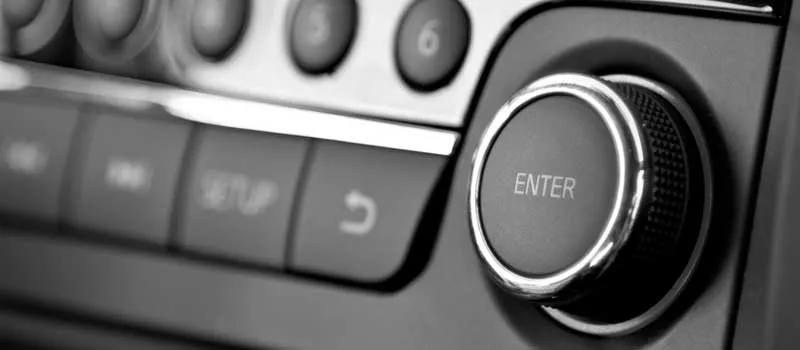
When is the DAB digital switchover happening?
Right now, it’s not exactly clear. We certainly appear to be edging closer to a firm date being announced. The government has said that once a date is indeed announced, a further two years are likely to pass before the actual switchover takes place, which means that as things stand, it looks very unlikely to happen in 2019.
One of the most significant milestones that the government set was passed all the way back in the first half of last year. In May 2018, more than half of the UK accessed radio digitally, which was a major prerequisite for the digital switchover. The government has said in the past that once this happened, that’s when they’d look at setting a date, though thus far one hasn’t been announced.
There hasn’t been complete radio silence (if you’ll pardon the pun) on the subject though. In September 2018, Margot James, the Minister for Digital and Creative Industries, addressed the Drive to Digital Conference in London, telling them that “outstanding collaboration” would support a successful transition to digital radio. She was careful not to make a concrete announcement, but every indication points to the fact that it’s coming, slowly but surely!
Senior executives from the UK’s leading broadcasters - BBC, Global and Bauer - all echoed her enthusiasm, saying that they were fully committed to delivering radio’s digital future. Now, there is some doubt amongst the general public about how quickly that’s happening, but Heart 80s, Smooth Extra and BBC 6 Music are all digital stations, as are LBC and Radio X. It might be happening more quickly than you think!
So is FM radio dead?
Not quite yet. If you’ve got an FM or AM radio in your car, don’t panic! The government is aware that it’s a massive change, so they’re not ditching FM completely. The vast majority of new cars are fitted with FM radios, but that still leaves millions without them, and so far many of those drivers have no plans to get DAB car converters. For now, the radio industry believes that audiences - and radio itself - is better served ‘as a mixed economy’. Their words, not ours!
Here at Car Communications, we have a huge range of DAB digital car radios and OEM radio tuners. We even have a number of qualified installers who can fit it for you! Just give us a call on 01254 694537 for friendly, professional advice.

